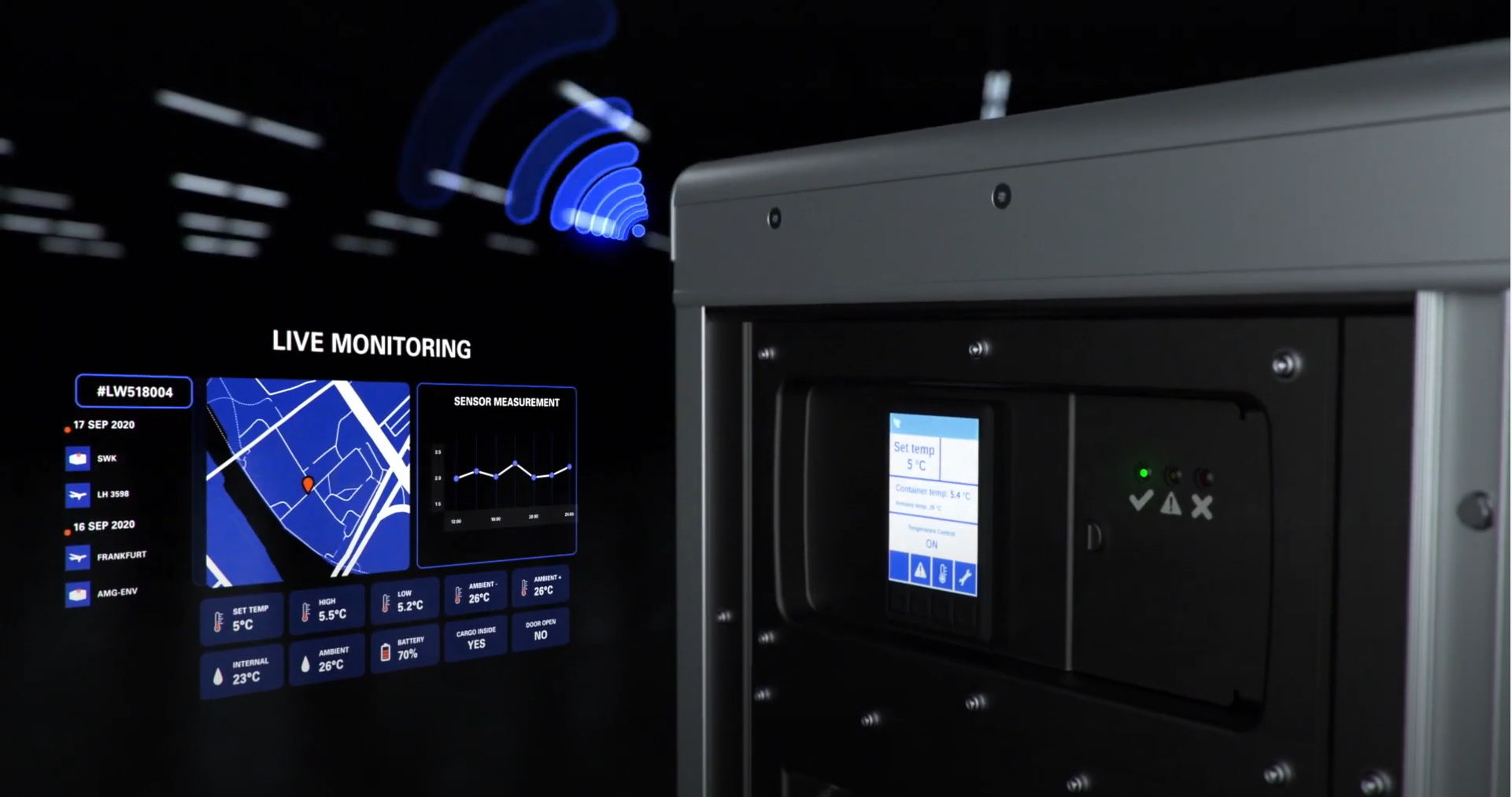How Envirotainer shipped hundreds of millions of doses in the middle of a pandemic
Sofia Wiwen-Nilsson
Head of Marketing and Communications

The roll-out of the most ambitious vaccination campaign in the history of mankind could have gotten off to a better start. The fact that production problems are part of any ramp-up in production is harder to accept when hundreds of millions of people are under lock-down and people are dying by the thousands every day.
Fortunately, the early production problems have largely been solved and the number of manufactured doses is increasing every week. With more and more factories coming online, production capacity will gradually cease to be an issue. Instead, another challenge is looming on the horizon.
Vaccinating 8 billion people requires the distribution of some 16-20 billion doses. Part of the challenge is that some 10-15% of the first generation of vaccines have extreme temperature requirements of minus 70 degrees C or lower. Fortunately, the vast majority of the doses have more moderate requirements, but they still need to be transported at 2 - 8 degrees C.
Over longer distances and especially overseas, air transport is the only viable option
In most parts of the world, these transports can be done via refrigerated trucks and trains, but over longer distances and especially overseas, air transport is the only viable option. Ocean freight is simply too slow.
Continue vaccinating against COVID-19
20 billion doses are a number so large it’s hard to comprehend, and to make matters worse, as COVID-19 is a new disease these doses don’t replace other medicines – they come on top of all the pharma products that are shipped every year. Those doses will still need to be shipped as we continue vaccinating the world’s population against COVID-19.
Furthermore, many health professionals speculate that we may have to take booster shots at regular intervals. Once vaccinated, we still don’t know how long immunity to COVID-19 will last, and new strains of COVID-19 will need new and updated vaccines.
The demand for air freight has increased dramatically
At Envirotainer we are doing everything we can to meet this challenge. As the market leader in secure cold chain solutions for air transportation of pharmaceuticals, we have already transported upwards of 250 million doses of COVID-19 vaccines. But we are not stopping there, we have increased production of our RKN e1 and RAP e2 containers. And in what in hindsight seems like a prescient move, on May 6th we launched the Releye® RLP - a true innovation with a revolutionary new footprint, unsurpassed autonomy, fully integrated live monitoring, and a unique airflow technology for maximum temperature stability in the cargo bay.

Increased demand for cold chain air freight, at the same time as a large share of air flight capacity disappeared, has also meant that we have had to change how we operate. Previously, much of the repositioning could be done by air, but with the capacity shortage, we use ocean freight to a greater extent than before.
Have as many qualified solutions to choose from as possible
“As the industry already knows, cold chain air freight is much more complicated than most other transportation methods – If your regular partner is unable to meet your requests, you cannot simply call the first best supplier,” said Eddy Cojulun, Chief Sales Officer Envirotainer. “Solutions need to be qualified, both by you and the airlines and that’s a process that takes months in an industry with a planning horizon of 4-5 days or even less in some instances. So, my advice to pharma companies who are worried about how they are going to solve their transportation challenges in the coming year, is to have as many qualified solutions to choose from as possible because transportation is fast becoming the bottleneck”.
We are proud to say that despite the challenges of the past year, we managed to offer 100 percent availability in 2020. We have managed to keep our network of over 50 service stations around the world open during the pandemic, and during the pandemic even managed to open several new stations around the world to facilitate for our customers. Going forward, we will continue to do everything in our power to ensure that our containers are as available as they are reliable.